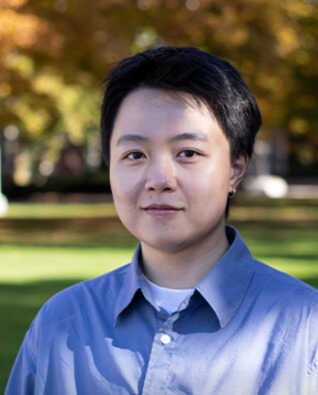People
Faculty

Cantay Caliskan
Cantay Caliskan is an assistant professor of instruction at the Goergen Institute for Data Science, University of Rochester. He studied political science, computer science, and statistics during his PhD, and received his degree from Boston University in 2018. Cantay received his BA in Economics, Mathematics, and Intl. and Global Studies from Brandeis University and his MA in International Relations from Koç University. His research interests include computational social science, emotion quantification and face/gesture recognition, social media, US Congress, and networks of lobbying.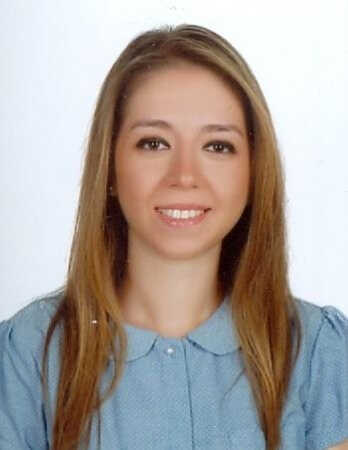
Ezgi Siir Kibris
Ezgi Siir Kibris is a Ph.D. candidate in Political Science and an MS student in Data Science at the University of Rochester. She has MA degrees in Political Science and European Studies and BA in Economics from Sabanci University. Her dissertation research revolves around judicial politics, international courts, democratic backsliding, and gender. She is interested in quantitative methods, specifically causal inference, machine learning, and natural language processing.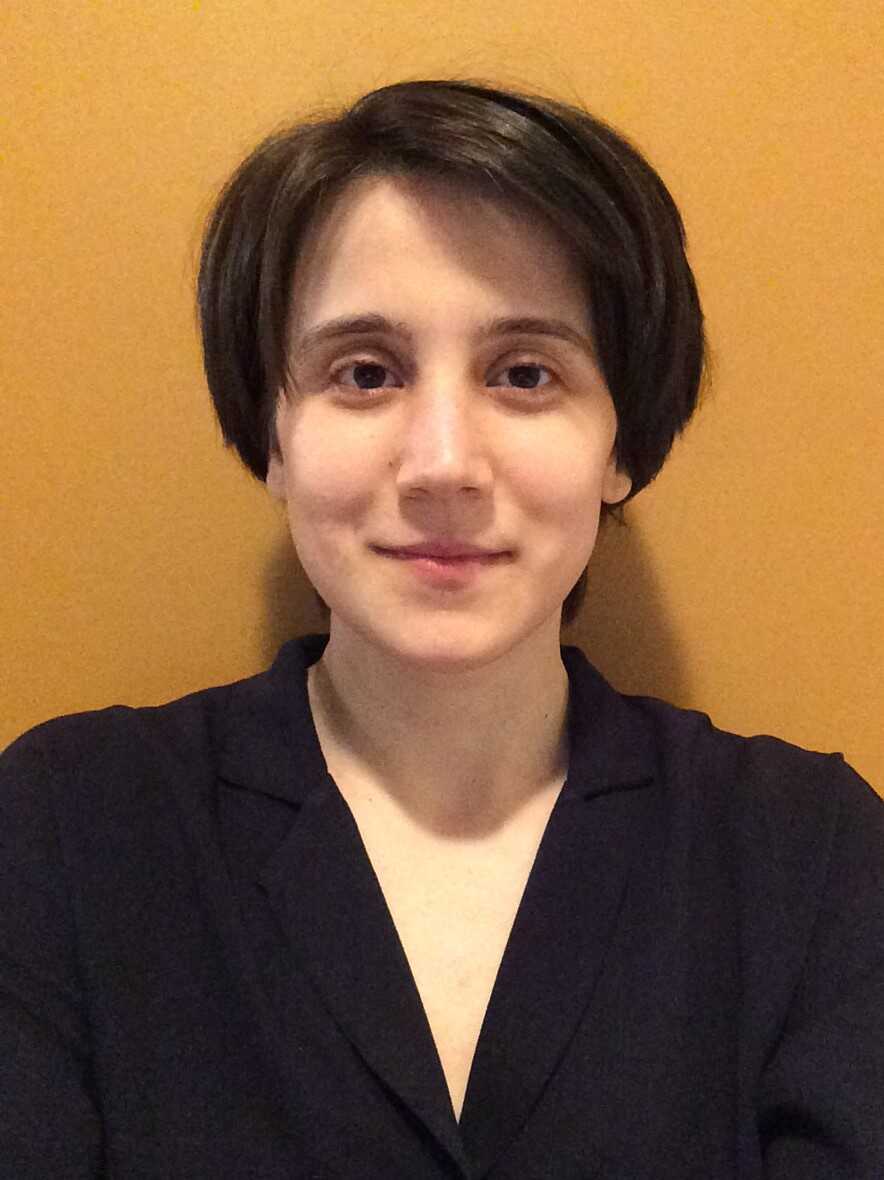
Bahar Zafer
Bahar is currently a first-year Ph.D. student at the University of Rochester. Before starting her Ph.D. in Political Science, she worked as a research assistant in an SNF-funded project at the University of Zurich, which analyzes discourse and sentiment around immigration issues applying NLP techniques to text from newspapers. She received her M.A. in Analytical Political Economy at Duke University and B.A. in Economics and Sociology at Bogazici University.Speakers
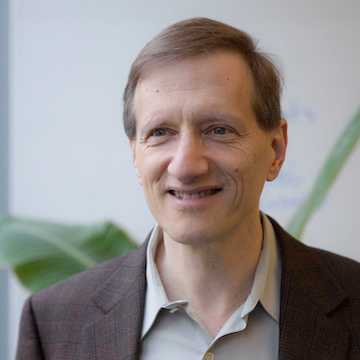
Keynote Speaker: Gary King
Gary King is the Albert J. Weatherhead III University Professor at Harvard University (one of 25 with Harvard’s most distinguished faculty title) and Director of the Institute for Quantitative Social Science. King develops and applies empirical methods in many areas of social science, focusing on innovations that span the range from statistical theory to practical application. King is an elected Fellow in 8 honorary societies (National Academy of Sciences, American Statistical Association, American Association for the Advancement of Science, American Academy of Arts and Sciences, Society for Political Methodology, National Academy of Social Insurance, American Academy of Political and Social Science, and the Guggenheim Foundation) and has won more than 55 prizes and awards for his work. King was elected President of the Society for Political Methodology and Vice President of the American Political Science Association. He has been a member of the Senior Editorial Board at Science, Visiting Fellow at Oxford, and Senior Science Adviser to the World Health Organization. He has written more than 185 journal articles, 20 open source software packages, and 8 books.
Elliott Ash
Elliott Ash is Assistant Professor of Law, Economics, and Data Science at ETH Zurich’s Center for Law & Economics, Switzerland. Prior to joining ETH, Elliott was Assistant Professor of Economics at University of Warwick, and before that a Postdoctoral Research Associate at Princeton University’s Center for the study of Democratic Politics. He received a Ph.D. in economics and J.D. from Columbia University, a B.A. in economics, government, and philosophy from University of Texas at Austin, and an LL.M. in international criminal law from University of Amsterdam.
Dino P. Christenson
Dino Pinterpe Christenson is an Associate Professor (Ph.D., Ohio State University; B.A., University of Michigan) in the Department of Political Science at Washington University, a Faculty Affiliate in the Division of Computational & Data Science, and a Research Fellow at the Weidenbaum Center on the Economy, Government, and Public Policy. Christenson studies American political behavior and quantitative methods, with recent work exploring presidential voting behavior, campaign dynamics in presidential primaries and caucuses, the coalition behavior of interest groups, and public opinion and the media environment of institutional outcomes. More generally, his research in American politics concerns electoral behavior, public opinion, political psychology, political communication, interest groups and judicial politics. He has broad methodological interests as well, including survey research, experimental design, longitudinal and nested data models, Bayesian analysis, social network analysis and causal inference.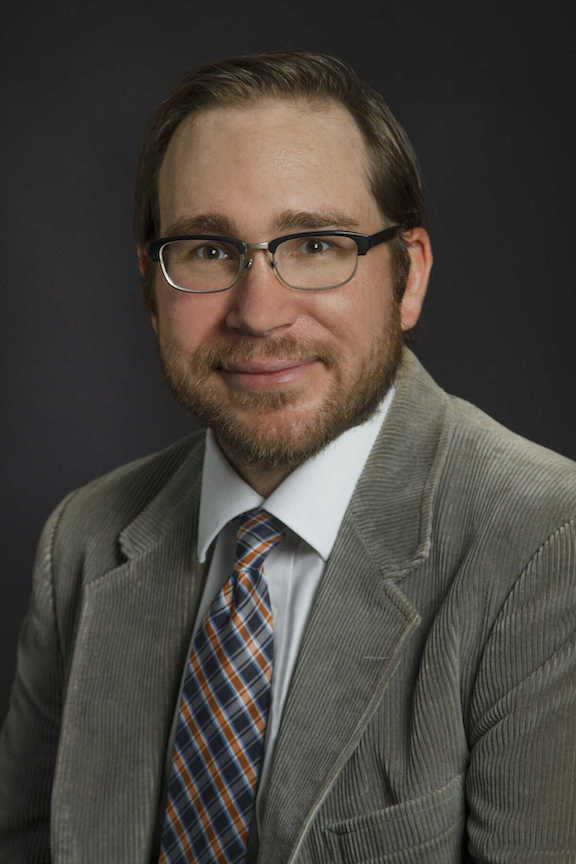
Bryce J. Dietrich
Bryce J. Dietrich is an Assistant Professor of Social Science Informatics in the Department of Political Science at the University of Iowa. His research uses novel quantitative, automated, and machine learning methods to analyze non-traditional data sources such as audio (or speech) data and video data. These methods are used to understand the causes and consequences of non-verbal political behavior, such as vocal inflections and walking trajectories, especially in relation to descriptive representation and implicit gender/racial bias. His work has appeared in the Nature, American Political Science Review, Journal of Politics, Political Analysis, and Political Psychology. This work has also received grant support from major organizations, like NIH and NSF, and has been covered by popular outlets like NPR, BBC, The Economist, The Washington Post, and FiveThirtyEight. Finally, he received his Ph.D. from the University of Illinois and was recently a postdoctoral research fellow at Harvard's Kennedy School and Northeastern University.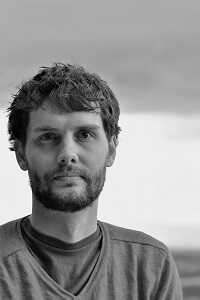
Jonathan Herington
Jonathan Herington an Assistant Professor of Philosophy, and Assistant Director of Graduate Education in the College of Arts, Sciences, and Engineering, at the University of Rochester. Between 2014 and 2019 I was an Assistant Professor in the Department of Philosophy at Kansas State University. Previously Jonathan was a Research Fellow in the Medicine, Ethics, Society and History unit of the University of Birmingham. Jonathan completed my PhD in the School of Philosophy, at the Australian National University. Jonathan is a native of Brisbane, Australia and recieved a BA (Hons I) in International Relations and Philosophy, and a BSc in Microbiology, from the University of Queensland. Prior to undertaking my PhD Jonathan was located at the Centre for International Security Studies, University of Sydney.
Mayya Komisarchik
Mayya Komisarchik is an assistant professor of political science at the University of Rochester. Her research interests focus on representation, voting rights, race and ethnic politics, policing, immigration, and political incorporation. Her recent work has addressed changing electoral rules in southern counties in the wake of the Voting Rights Act, the lasting effects of Japanese Internment, representativeness in policing, and the political incorporation of immigrants to the United States. Her work on the role of compactness in redistricting has been published in the American Journal of Political Science and won the Robert H. Durr award for the best article applying quantitative methods to a substantive problem in 2019. Her work on the impact of Japanese Internment is forthcoming in the Journal of Politics. She received her PhD from Harvard University in 2019.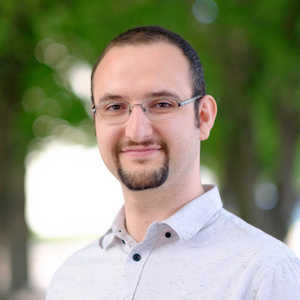
Onur Varol
Onur Varol is an Assistant Professor in the Computer Science Department at Sabanci University, and has an affiliation with the Center of Excellence for Data Analytics. Onur is the director of VIRAL Lab which focuses on computational social science, networks, and machine learning. During his PhD at Indiana University, Onur was a proud member of NaN group and focused on the detection of persuasion campaigns and social bots using the tools of machine learning, data mining, and network analysis. Onur developed a social bot detection system Botometer (aka BotOrNot). Onur closely worked with Filippo Menczer, Alessandro Flammini, and Emilio Ferrara on various projects related with detection of manipulation on social media.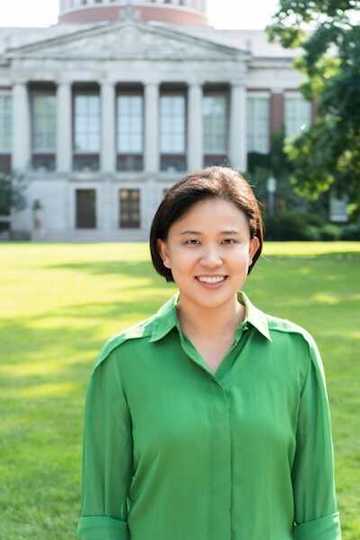
Elya Zhang
Elya J. Zhang is a senior lecturer of history at the University of Rochester. She received her B.A. from the Renmin University of China and her Ph.D. from University of California, San Diego. In her research and teaching, she explores the financial and spatial history of capitalism in China. Her writings have appeared in the Journal of Asian Studies, Journal of Cold War Studies, Business History Review, Reviews in American History, and two edited volumes by Cornell University Press and Stanford University Press. She has been awarded an An Wang postdoctoral fellowship at Harvard’s Fairbank Center, an American Council of Learned Societies (ACLS) fellowship, and an Abraham J. Karp teaching award at the University of Rochester. As a map lover, she also designed seven new courses in a row to systematically test the integration of scientific map-making into history research. By 2021, this unique challenge has attracted 327 students from 51 majors to experiment outside their comfort zones. The creations of her students are visible here: http://zhang.digitalscholar.rochester.edu/mapping/.Teaching Assistants
Participants
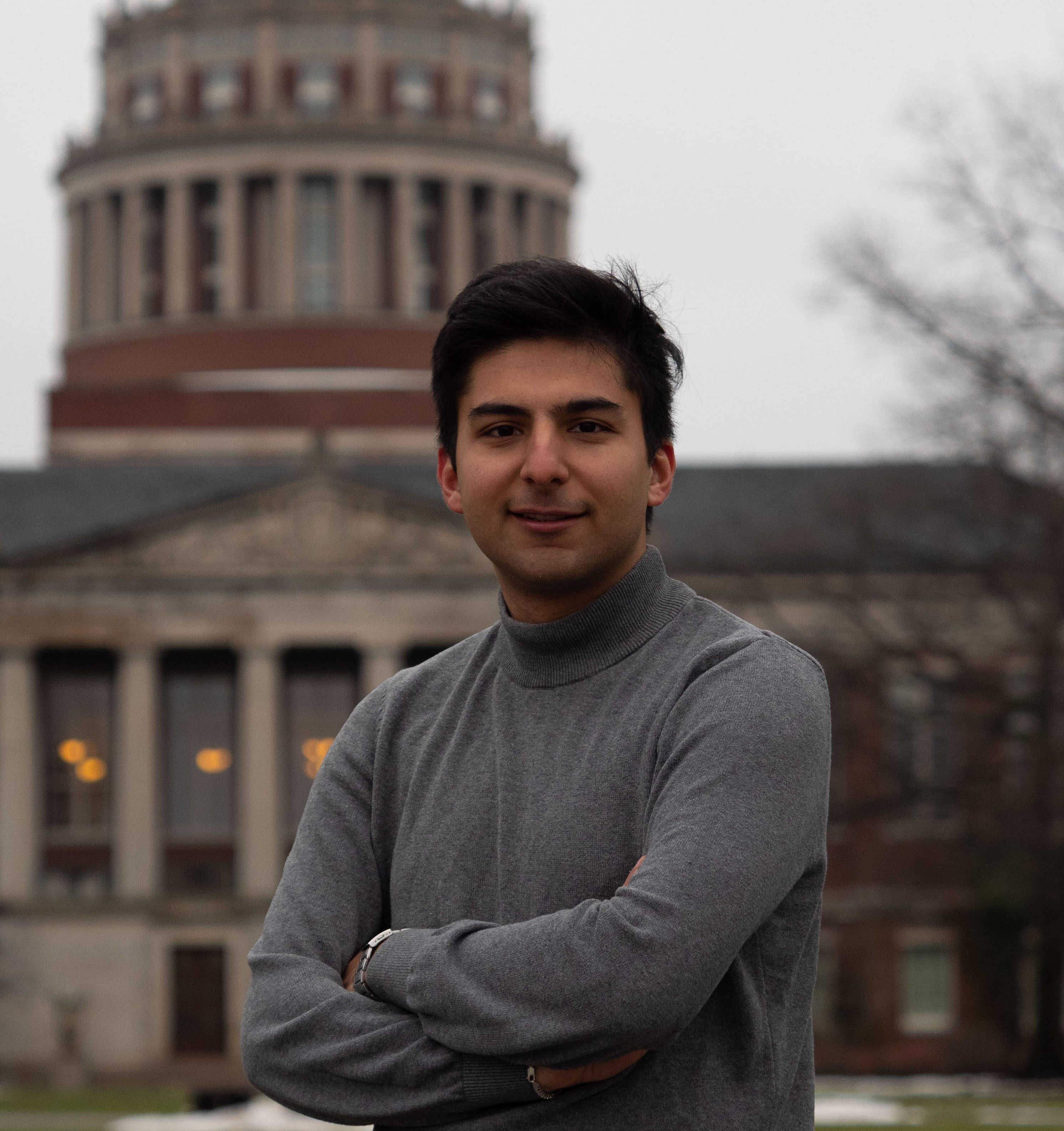
Moeed Baradaran
Moeed Baradaran is a rising senior majoring in international relations and economics at the University of Rochester. Fluent in Persian, English, and familiar with Arabic, Spanish, and Serbo-Croatian, he worked as a translator for United Nations High Commission for Refugees (UNHCR) in Bosnia and Herzegovina. As a research assistant at The Washington Institute for Near East Policy, he is interested in understanding the implications of the sanctions and analysis required in understanding their impact.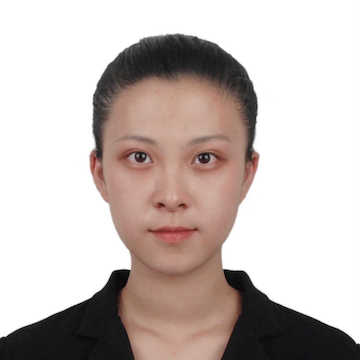
Huanyu Chen
Huanyu Chen is currently a rising senior student at the University of Rochester pursuing a B.S. in mathematics and a B.A. in economics. She is interested in using computational techniques, especially data visualization and quantification, to address social problems and improve equity between diverse groups.
Lipeng Chen
Lipeng Chen is a doctoral student in economics at the University of Rochester. His work applies reduced-form causal inference methods to topics in development economics and economics of crime. Thus far, he has studied the socioeconomic impacts of Internet access and becomes interested in computational social science. He holds a Master’s degree from Fudan University and a Bachelor’s degree from Nanjing University, both in economics.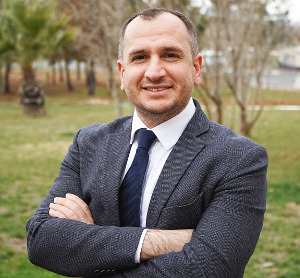
Serdar Ciftci
Serdar Çiftçi is an Assistant Professor in the Computer Engineering Department at Harran University. Serdar obtained his PhD in 2017 from the Middle East Technical University, with his thesis titled Visual Privacy Protection Using False Colors. During his PhD, he did some part of his research at École Polytechnique Fédérale de Lausanne (EPFL), Multimedia Signal Processing Group (MMSPG), as a visiting researcher. In 2017, the Middle East Technical University Prof. Dr. Mustafa Parlar Education and Research Foundation awarded him the Thesis of the Year Award for his PhD thesis. His research interests include deep-learning-based image processing studies such as image analysis, image enhancement, and high-dynamic-range imaging.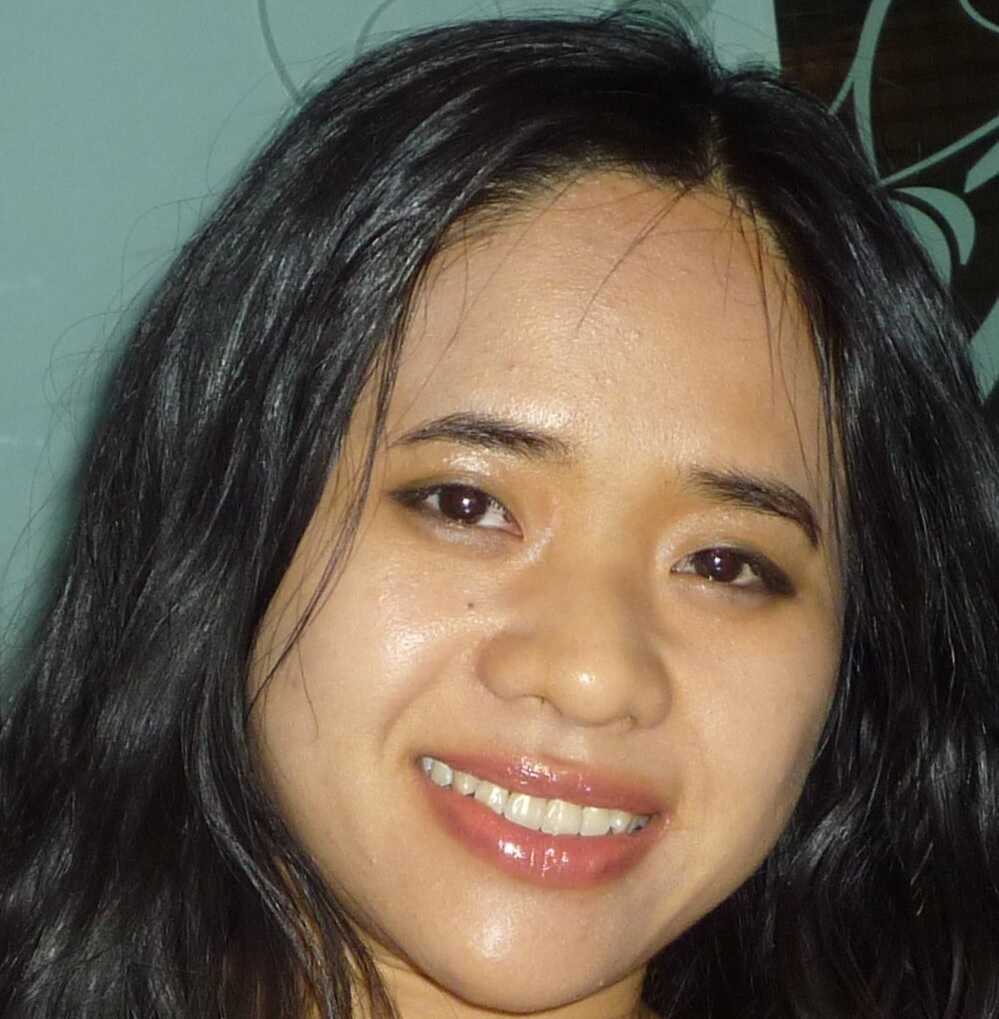
Theu Dinh
Theu Dinh is a PhD candidate in Political Science at the University of Rochester. She studies American Politics and Political Methodology, with additional interests in Political Economy and Formal Theory. She is currently doing research on the politics of climate change. In a recent project, her co-author and she examine the effect of extreme weather events on support for climate action policies. She is also interested in understanding the political dynamics of the spread on social networks of misinformation about climate change. She has undergraduate training in Government, Business Management and Industrial Engineering.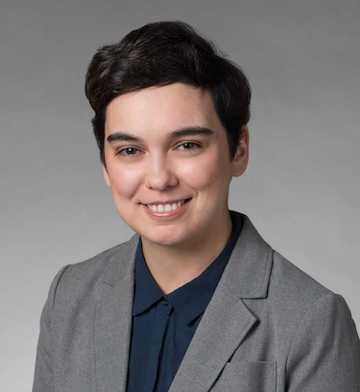
Guzel Garifullina
Guzel Garifullina is a Postdoctoral Fellow at the Skalny Center for Polish and Central European Studies (University of Rochester). Her research interests include comparative political behavior and authoritarian governance with a focus on Russia. Her previous projects use a variety of methods, including lab and survey experiments. She has earned her PhD in Political Science at the University of North Carolina at Chapel Hill and will be joining the Center on Democracy, Development and the Rule of Law at Stanford University as a Postdoctoral Fellow this Fall.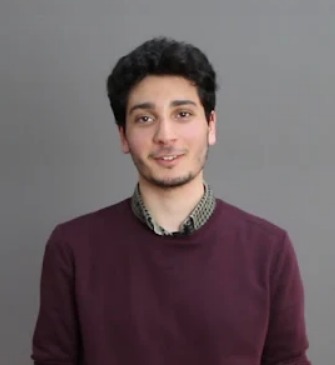
Ahmet Arif Gunaydin
Ahmet is a PhD student in Political Science at University of Rochester. He is interested in electoral politics, polarization, public opinion and social media research. In his MA thesis he studied the relationship between electoral district magnitude and party system size in Europe and Turkey. Prior to his PhD, he studied Political Science and History at Bogazici (BA) and Sabanci (MA) Universities in Turkey.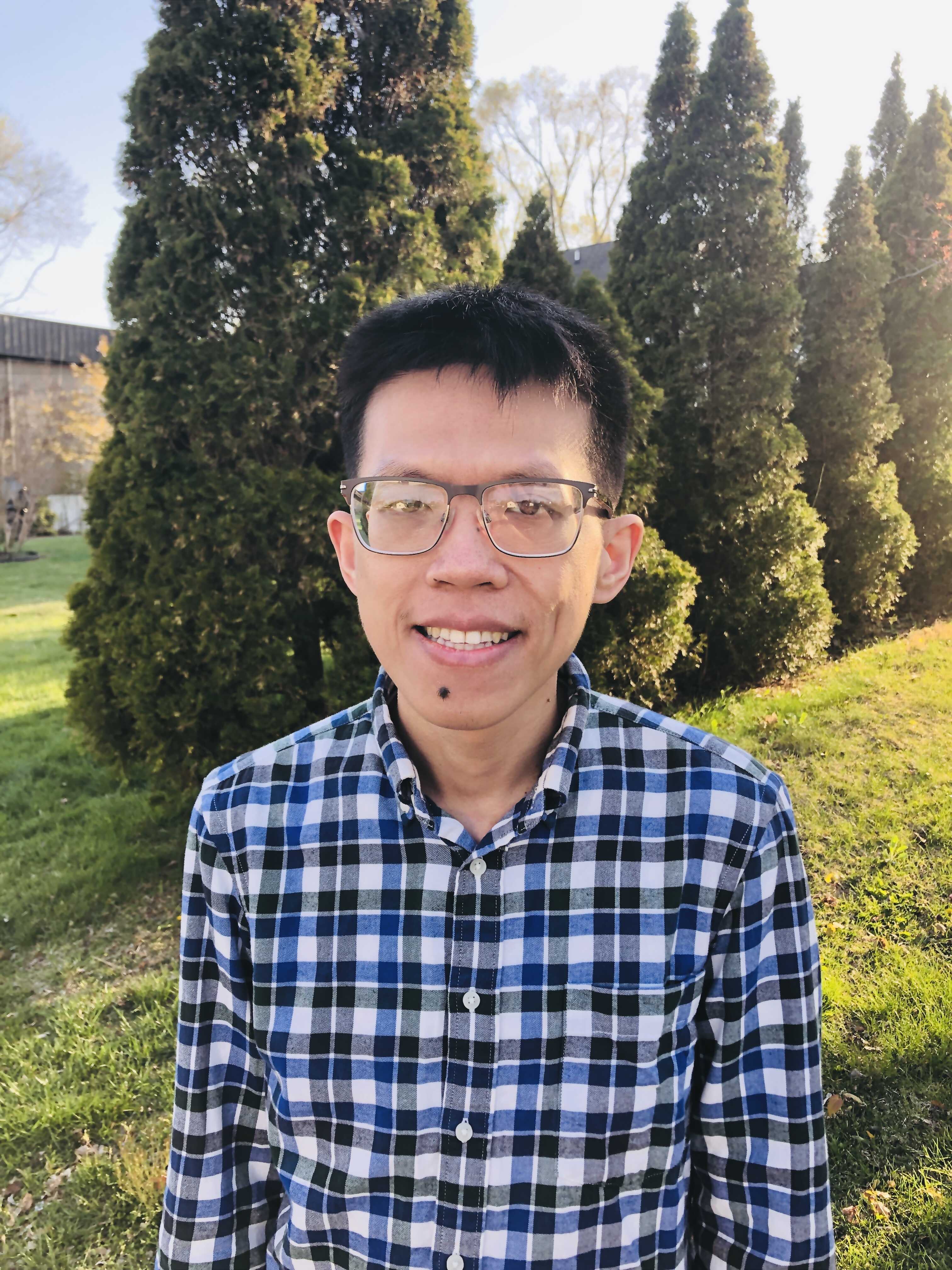
Pei-Hsun Hsieh
Pei-Hsun is a Ph.D. candidate in political science at Stony Brook University. His research interests lie at the boundary of political economy, political behavior, and political psychology. His research focuses on how social preferences and beliefs affect collective decision-making, collective actions (e.g., mitigating public health crises and climate change), and redistributive policies. He uses a variety of methods, including experiments, machine learning, and agent-based modeling. His dissertation explores how people make tradeoffs between other people’s freedoms and what is best for society overall.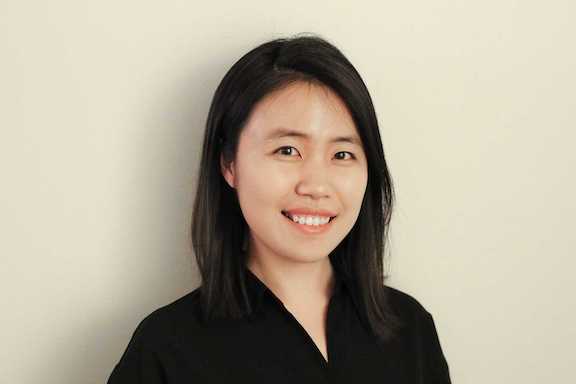
Angel Hwang
Angel Hsing-Chi Hwang’s research explores the role of emerging technology in the future of (team)work, culture, and human creativity. Through both quantitative and qualitative methods, she investigates how AI-empowered tools enhance innovation and team synergy at large scale on various platforms (e.g., virtual and mixed reality, text-based communication, and video chats), while addressing common challenges faced by marginalized individuals.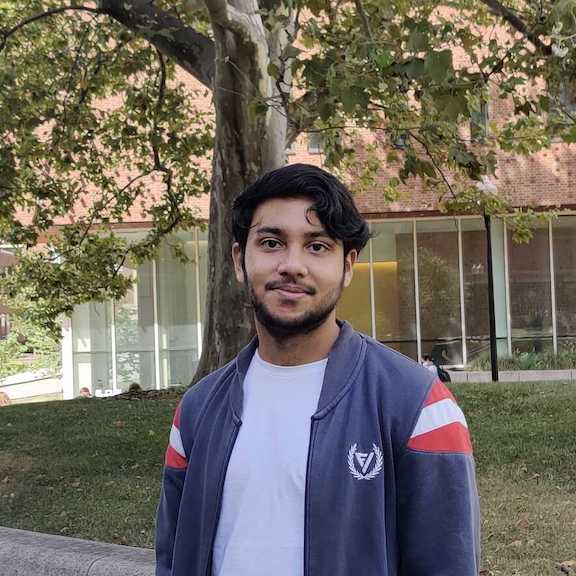
Arsal Imtiaz
Arsal Imtiaz is a graduate student in the department of Computer Science at the University of Rochester. His research interests lie in pursuing Artificial Intelligence for Social Good. He is inclined towards studying social media behavior with computational methods to explore valuable insights about themes/events in a given time frame.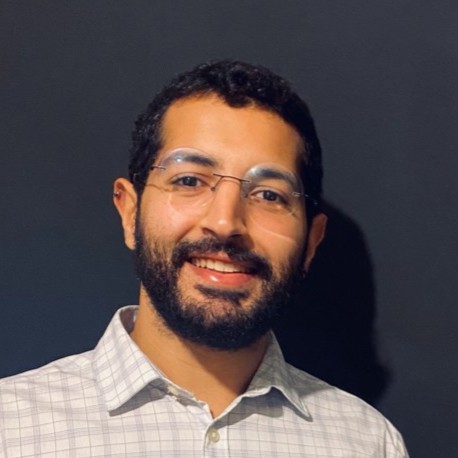
Mohamad Ali Kalassina
Born and raised in Lebanon, Mohamad Ali Kalassina is a Fulbright Scholar currently pursuing an MS in Data Science at the University of Rochester's Georgen Institute for Data Science. He holds a B.Eng. in Industrial Engineering from the Lebanese American University and has worked in supply chain analytics prior to moving to Rochester for graduate school. His research interests span social media analytics, machine learning, and computational social science. Mohamad Ali envisions himself founding a data consulting hub in the heart of Beirut, the capital of Lebanon on the long term after gaining enough hands-on experience to be able to give back to the Lebanese community in specific, and the international community at large.
Haotian Li
Haotian (Rick) Li is a Masters student at University of Rochester. His research interest includes behavior of online shoppers, especially for participants of emerging livestream shopping. He is also interested in investment choice of mutual/ hedge fund managers under pressure and how pressure influences decision making. He receives Bachelors degree of Financial Economics and Statistics at University of Rochester. Previously, he worked on machine learning algorithms of movie recommendation systems and market research of ScrewIT business plan at Ain Center of Entrepreneurship at University of Rochester.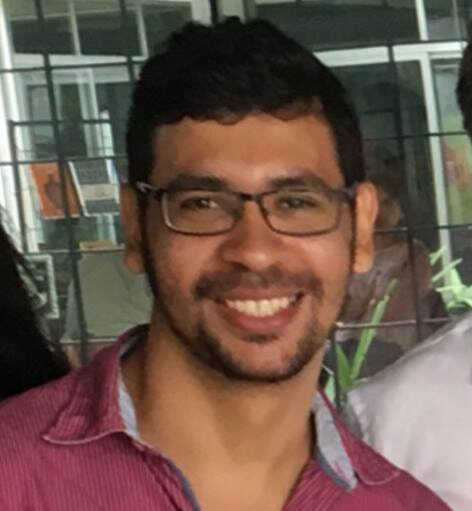
Caio Malaquias
Caio Malaquias is a masters student in Political Science at Federal University of Pernambuco (Brazil). Caio is interested in using analytical frameworks and methodologies to evaluate and suggest decision-making processes, specially in public policies. He works on data collection and analysis and utilizes quantitative methods to create evidence-based decisions in public policies as well as to study conflict/coalitional dynamics, especially in multiparty presidentialism in Latin America.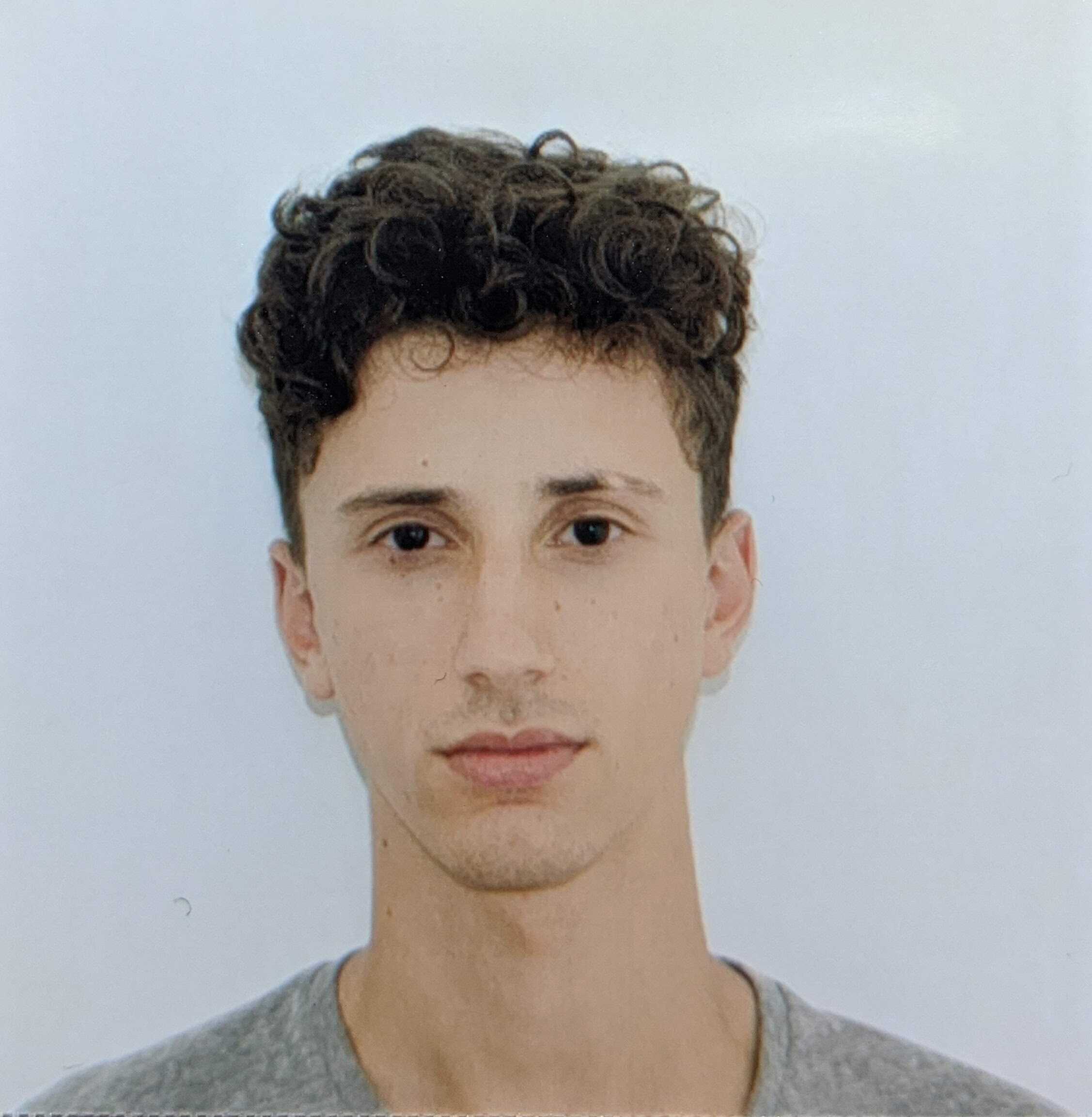
Miguel Novo Villar
I am a retired student-athlete at the University of Rochester studying a master's in Data Science and graduating in December 2022. I am Spanish native from Aviles, Asturias and I completed a Bachelor in Computer Information Systems at Delta State University (MS). Among different, I am interested in GIS as I did a minor in Geospatial Systems and Intelligence and I will be interning at ESRI over the summer. Some topics that attract my attention in GIS are smart cities and sociopolitics.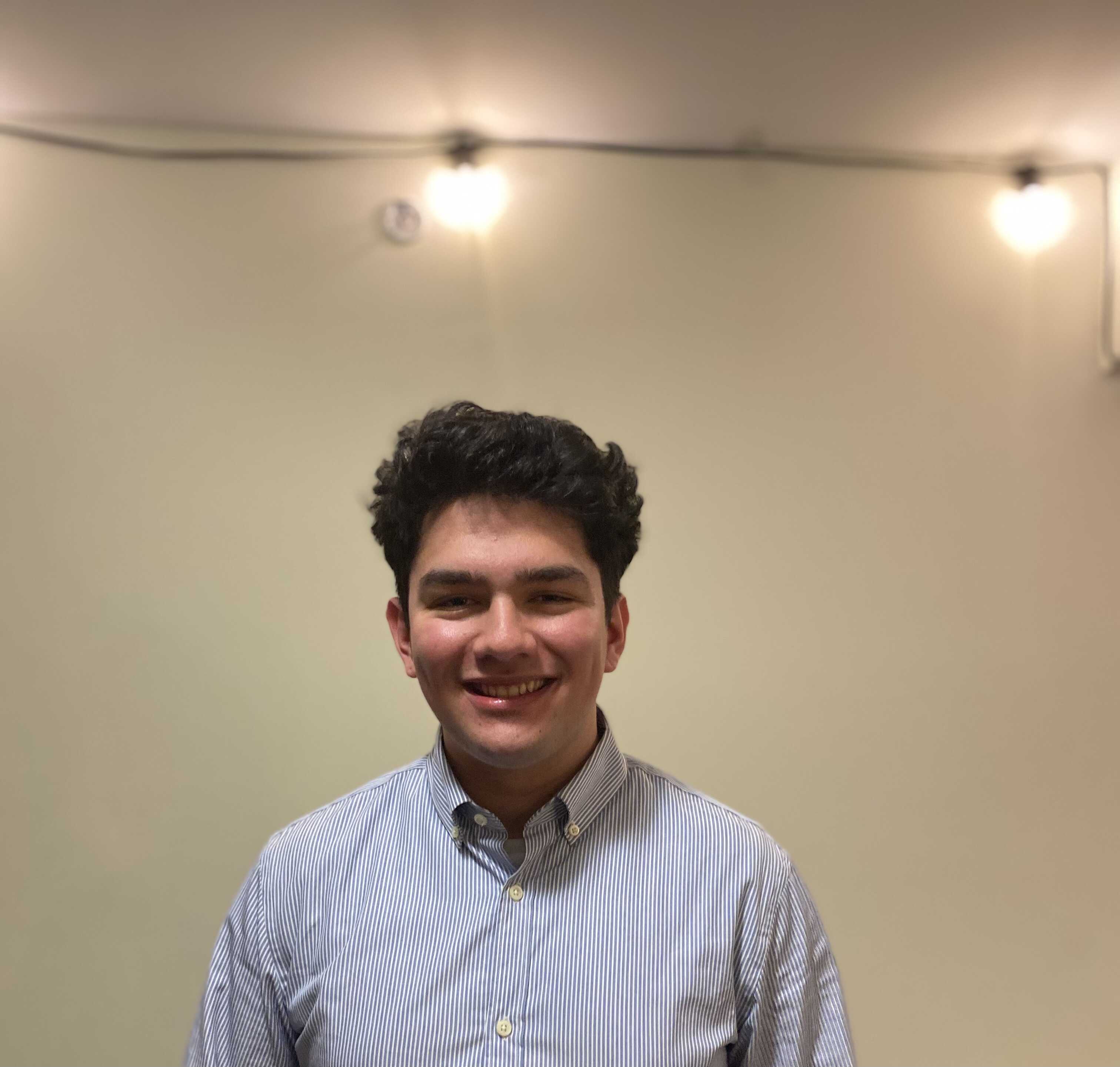
Kepler Palacio-Soto
Kepler Palacio-Soto is a third-year undergraduate at the University of Rochester pursuing a BS in Brain & Cognitive Sciences. His principal research interests include the neural correlates of social cognition and psychopathology, but he is also interested in leveraging big datasets for insights about social interactions, public mental health, and cultural dissolution. Currently, Kepler helps wrangle and analyze data for an ongoing study exploring the efficacy of varied cognitive reappraisal strategies in improving cardiovascular responses to social stress.
Duy Pham
Duy Pham is a recent graduate at the University of Rochester - majoring in Data Science, Mathematics, and Economics. He seeks to apply Machine Learning methods in forecasting complex economic indicators and financial assets.